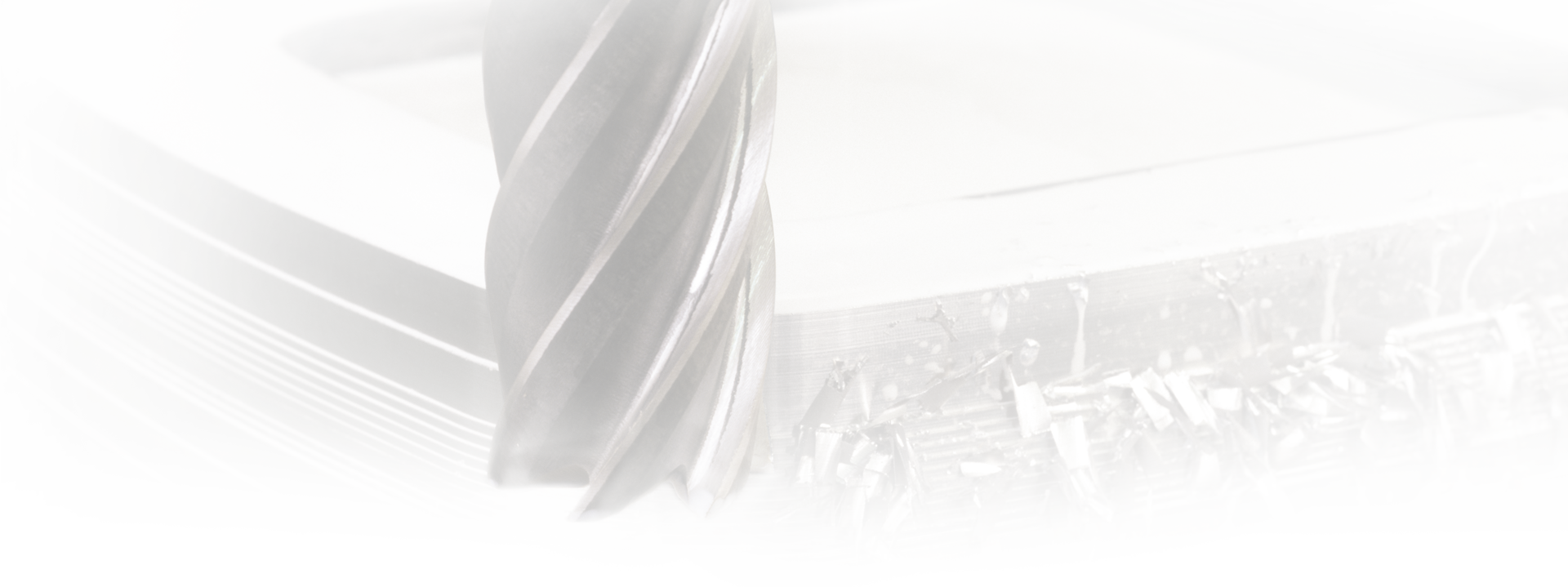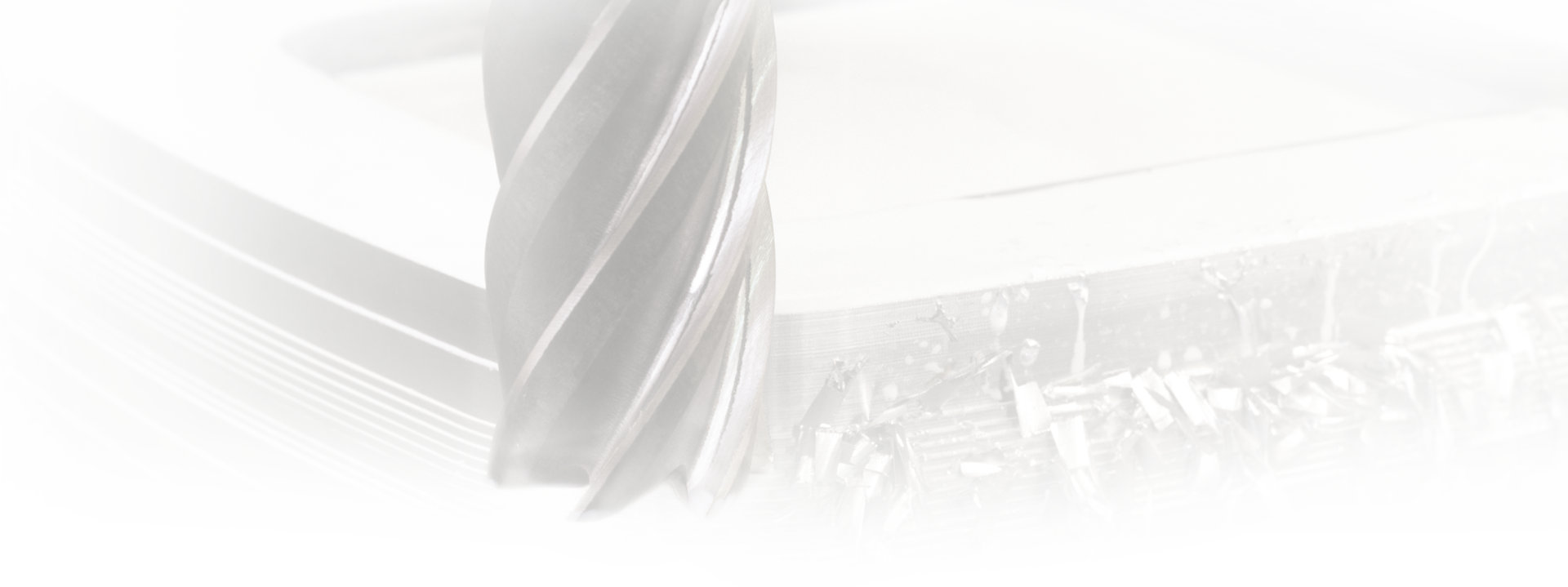-
Posts
2,534 -
Joined
-
Last visited
-
Days Won
2
Content Type
Profiles
Forums
Downloads
Store
eMastercam Wiki
Blogs
Gallery
Events
Posts posted by Mick
-
-
We run two Okumas, a MX55VB vertical machining centre, with a 12000RPM BT50 spindle, and a LB25II lather. I've yet to see a control that beats an Okuma for flexbility. I've used Meldas, Fanucs, Seicos, Yasnac as well as Okuma, and imho, the Okuma has the best cycles, for ease of programming. They're just so damn expensive

(My opinion, of course)
-
If you import a solid file (a parasolid, or a ProE file, or an ACIS file for example), features such as tapped holes will only show up as holes.
You still need a drawing to define such things as the specs for tapped holes. Its the same for most CAD/CAM systems I'm afraid.
AFAIK, upgrading to the Solids option in Mastercam enables you to import geometry as solids, rather than, for example, a parasolid being read in, and converted to trimmed surfaces.
-
Yes, absolutely. I certainly wouldn't let that happen again. He didn't get very far anyway. He ended up touting another CAM package, and didn't end up with much work.
But since then, a customer never sees me toolpathing. They only ever view a model, or are there to pick up data.
-
I agree about not letting people watch over your shoulder. I did that once. Was working from home, and had a guy come around to watch a job being done. (I was none the wiser) And two months later he was out on his own, doing contract programming, and trying to nudge in on my customers. Never again...
-
We have an Okuma MX55VB with a 4th (A) axis. Does anyone have a post that will support the M15/M16 output, so the A axis rotates in the correct direction? The M15/M16 defines which direction the axis rotates to the target A value. Which can be embarrasing if you're cutting a closed pocket and the only one M15/M16 code is output right at the start.
Basically, I need a post, or be able to modify my post, to be smart enough to output correct A axis direction M code in relation to the toolpath.
I'd appreciate any help anyone can give me

-
One thing I'm asked all the time, is the possbility of doing a tapered helix toolpath. Other than creating a tapered helix to represent the centreline of the ool, I cant think of any way to create this. The reason for the toolpath to be a tapered helix, is that it provides a constant z movement as it moves around the bore, eliminating the line formed from where the cutter moves to the next z depth, when using, for example, a swept toolpath.
If anyone has got any input, I'd be keen to hear it

Mick
-
I installed the Engraving C-Hook, even though I cant use Engraving, because I wanted to have a look at the tool libraries. Does anyone have the metric tool library, because it didn't appear to install. If you can, please put it on the FTP site.
Thanks in advance

-
Brad,
What app did you use? I'm curious

Mick
-
It might be a good idea to put that file explaining the new WCS feature up on the FTP site, as I'm sure there's a few people out there that would also be interested. It seems to be a popular topic of discussion

-
I'm curious about the Engraving addon. Who here has used it, and what are your comments? It looks really good...I'm keen to find out if its as good as it looks

-
The STL to Surface problem has been around for a long time. One application that does do it, is Solidview Pro from SolidConcepts. The trouble is, it takes every little STL triangle, and creates a patch in place of the triangle. What you end up with is a model with thousands of little triangles, so the free form surfaces are all faceted. The bottom line is, that it sucks

I spent several months looking at options of doing what you want, at th elast company I worked for. In the end I gave up (Maybe thats why I dotn work there anymore...hehehehe)
-
In some controls you can use a form of "3D" cutter compensation. Is this what you mean. From memory, with Okuma machines, its implemented using G44. It enables you to use the same toolpath, but different size cutters, and still obtain the same results. I've never used it myself, though personally.
-
Is Vericut 5.2 out? I thought their last release was 5.1. I used to use it a lot at the last place I worked. Great app, and as stated previously in this topic, its great at verifying G-code.
-
Ken,
I understand how you feel. 4 axis machining seems to be a real black art in Mastercam, requiring a lot of voodoo

-
I've spent quite a bit of time with Vericut. Its a great verification program, but can be a real pain to set up. It was great when I used it fro 3 axis verification. I have also seen it used to verify an Okuma lathe program using User Task variables. I was able to alter the variables and change the way program ran, and watched the verification run the updated program.
From what I can gather, its a pretty expensive program though.
-
I had the same problem Greg, and was wondering how to fix it. In the end I cheated, specifying the feedrate in the tool definiton as the pitch of the tap. I switch the machine to mm/rev feedrate for a tapping cycle (in the post) and switch it back to mm/rev after the cycle cancel (again, done in the post)
Works a treat.
-
Yes, money is a relative thing, but relative to what? It seems *most* people down that way dont seem to want to pay for experience, nor for the fact that skilled operators, and more so, programmers, are getting harder and harder to find. Case in point, is your Australian company looking overseas to get staff.
It seems to be a common situation.
-
The money down south hasn't ever been too good. I was offered a couple of jobs in the US, and I was seriously tempted to move up to the US. The money was way better than what I could get locally.
It seems CNC operators (and programmers) have never been paid well for their skills in the lands down under
-
Well, PDF's are now quite commonly output from several CAD systems, to replace the physical plotting or printing out of drawings.
Its possible that they have output the PDFs from either Pro Engineer or Autocad (two "PDF capable" programs I've received files from)
Obviously, both programs can export far more suitable formats.
-
Hmm...Well, I still can't work out why it was doing it previously, and now its not....
Some weird voodoo going down.....

-
Well, it was automatically inputting the length offset and diameter offset on the tool parameter tab under tool definition. For example, on the tool definition page, if I typed in tool number 47, when I clicked the parameter tab, the length and diamter offsets were automatically set to 47.
Now, they just stay at zero. If, for some reason, I miss that tab, when I post, it outputs H0/D0, which certainly isn't what I want.
I cant find anywhere where it forces the Length and Diamter Offset to match the Tool number, yet it was doing it :/
-
Well, it happens with all software apparently. The bottom line is though, if someone is stupid enough to buy it and use it, remember they get no support or documentation. And if a bug fix is required, they wont get that either.
Just take stock in the fact that as registered users, you have done the honest thing in buying, and supporting, Mastercam, so that it can continue to be improved.
-
I've used UG and Mastercam quite a bit. I can safely say the translation problems are always with UG. The default modelling tolerance and output tolerances for UG are usually .0254. After tightening those tolerances up (I normally go to .01 or .005) the problems are generally gone.
However, whenever I ever need to do a UG to Mastercam conversion, I use Parasolid, because even if you dont have the Solids option, the surfaces normally come through perfectly.
Mastercam has some very good translators built in.

-
Though the answer is porbably staring me in the face, where do I set the default, so that when defining tools, that the tool number is automatically used as the length and diameter offset number. That way, I first define the Tool number, length, diamter etc, and then when I click on the Parameter page, the length and diamter offset numbers are already set.
I was working, but we had to re-install Mastercam, and now it doesn't (And I can't remember how I did it)
Thanks
Mick






OT Plz help make systems
in Industrial Forum
Posted
UG support single processors as well as duals. There is no lack of support for singles, only specified support for certain machines, and they are made up of duals and singles.
So its incorrect to state that UG support only duals. If that was the case, there'd be a lot of unhappy UG users out there. Everyone I know running UG is running it on singles. The biggest asset you can have for UG is a decent video card and plenty of RAM. Actually, I better cut this reply short...hehe..this isn't eUnigraphics.com